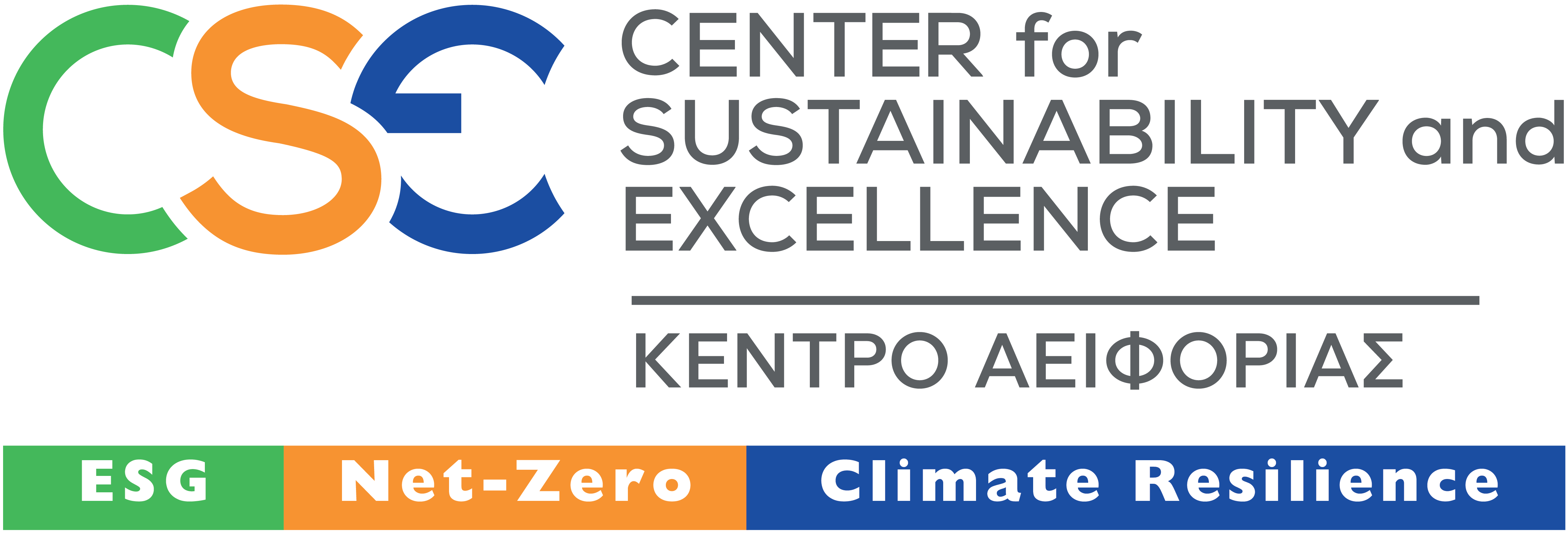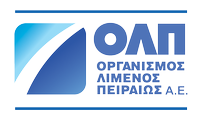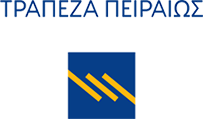EU companies face tough penalties for not publishing Sustainability Reports or publicly disclosing Corporate Responsibility data.
The EU Directive on Non-financial and Diversity Information (Directive 2014/95/EU) can greatly affect Canadian corporations operating in any of the European Union Member States. The European Commission (EC) objective is to raise to a similarly high level across all Member States the transparency of social and environmental information provided by companies operating in all sectors.
A “similarly high level” does not mean THE SAME. Each country can modify the directive to comply with national laws.
Reports must cover:
- Environmental impact including GHG emissions scope 1,2 and 3
- Social and employee matters
- Respect for human rights
- Anti-corruption and bribery concerns
Reports must include:
- description of the company’s business model;
- description of relevant policies implemented, including due diligence processes;
- outcome of those policies;
- company’s principal risks, including business relationships, products or services, and how the company manages those risks;
- non-financial key performance indicators relevant to the business.
There are many benefits to adhering to the EU directive. Reporting increases stakeholder trust. Companies learn from the reporting process. The effort generates continuous improvements in a business’s impact. And, the requirement to make the report public helps company’s highlight their business integrity.
Another advantage – guidance on incorporating the United Nations Sustainable Development Goals (SDGs). They are the EC’s major policy priority. Addressing the 17 SDGs sustainability challenges, including climate change, human rights, corruption, poverty, inequalities and justice, tops the EU and Global agenda.
The directive applies to “large undertakings which are public-interest entities” having an average of 500 or more employees within a country. Each country can also specify: report topics and content, reporting framework, disclosure format, level of auditing and independent assurance, penalties for non-compliance, including the Safe Harbor Principle and including diversity reporting. For companies meeting the 500-employee minimum in multiple countries, the reporting requirements can be quite complex!
How different can the requirements be? By country, fines range as low as $1,650 to as high as $12 million! Fines can be applied to an individual or the company. Some countries impose a prison sentence, with durations ranging from 2 years to 6 years. There are 30 different variations of reporting. If you oversee compliance, you do not want to get this wrong!
With our global team and more than 10 years of expertise, CSE is uniquely positioned to help companies meet Directive 2014/95/EU requirements and UN SGG’s. CSE’s Certified Sustainability Practitioner Program, 2019, addresses global regulations and legislation, providing participants an edge in their efforts to keep their companies ahead of the game.
During the upcoming Toronto program, October 31 – November 01, 2019 attendees will learn how to apply corporate sustainability strategy and reporting efforts to facilitate meeting global legislation.
Join us as we stay ahead of reaching global sustainability goals and understanding evolving international laws: Certified Sustainability Practitioner Program -Leadership Edition 2019, Toronto October 31 – November 01, 2019!








